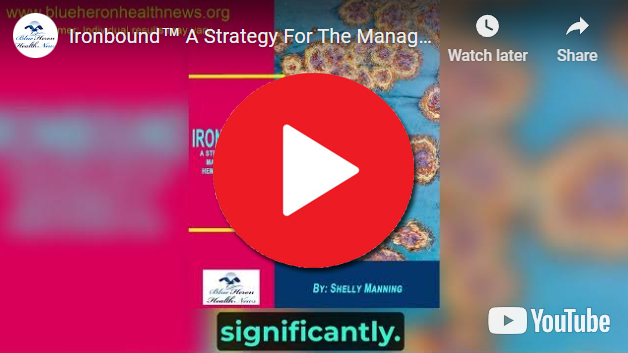
If you have been diagnosed with iron deficiency anemia, it is important to follow a balanced diet that includes foods rich in iron. Here are some dietary recommendations to help increase your iron levels:
- Iron-Rich Foods: Incorporate iron-rich foods into your meals. Good sources of dietary iron include red meat, poultry, fish, tofu, beans, lentils, spinach, kale, broccoli, fortified breakfast cereals, whole grains, nuts, and seeds. Consuming these foods can help boost your iron intake.
- Vitamin C: Include foods high in vitamin C in your diet as it aids in iron absorption. Citrus fruits (oranges, grapefruits), strawberries, kiwi, tomatoes, bell peppers, and leafy green vegetables are excellent sources of vitamin C. Pairing these foods with iron-rich sources can enhance iron absorption.
- Avoid Inhibitors: Some substances can inhibit iron absorption. It is advisable to limit or avoid consuming them during meals rich in iron. Examples include tea, coffee, calcium-rich foods (dairy products), and foods high in phytates (bran, whole grains) or oxalates (spinach, rhubarb). Separating the consumption of these foods from iron-rich meals can improve iron absorption.
- Cooking Techniques: Certain cooking methods can enhance iron absorption. Cooking foods in cast-iron cookware can increase their iron content. Additionally, soaking, fermenting, or sprouting legumes and grains can reduce the levels of phytates, thereby improving iron absorption.
- Balanced Diet: Ensure you have a well-balanced diet that includes a variety of nutrients. Iron is essential, but so are other nutrients like folate, vitamin B12, and vitamin A. Include sources of these nutrients in your meals, such as fortified cereals, leafy green vegetables, eggs, dairy products, and colorful fruits and vegetables.
- Supplements: In some cases, dietary changes may not be sufficient to correct iron deficiency anemia. Your healthcare provider may recommend iron supplements to help meet your iron requirements. Follow their advice regarding the type, dosage, and duration of supplementation.
Remember, it’s essential to work with your healthcare provider or a registered dietitian to develop an individualized plan based on your specific needs and medical condition. They can assess your iron levels and provide personalized recommendations for your iron intake.
See More on Video

Ironbound™ A Strategy For The Management Of Hemochromatosis By Shelly Manning provides the best solution for the problem of HCT so that you need not bear it for the rest of your life. Several methods have been explained in this eBook so that your body need not suffer from the problems caused by the health condition known as hemochromatosis.